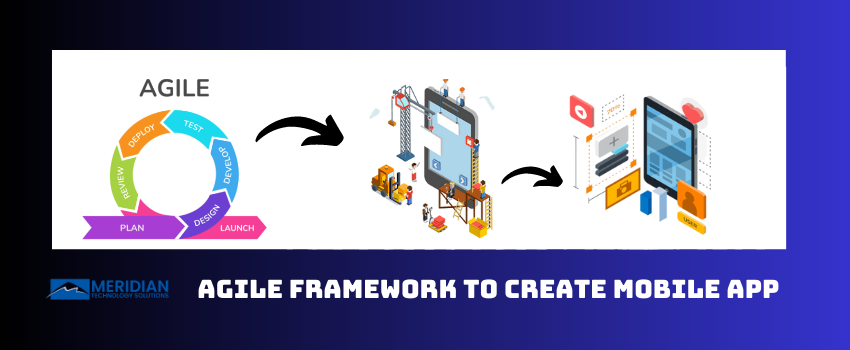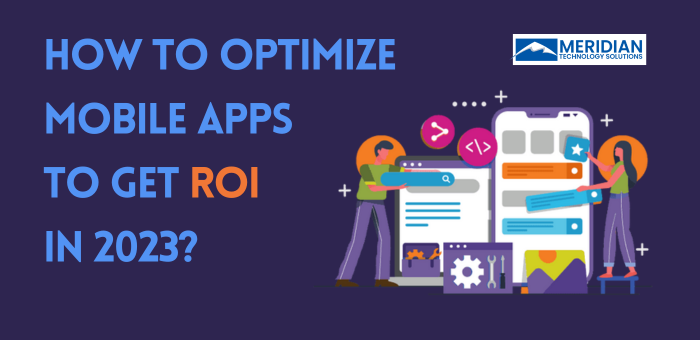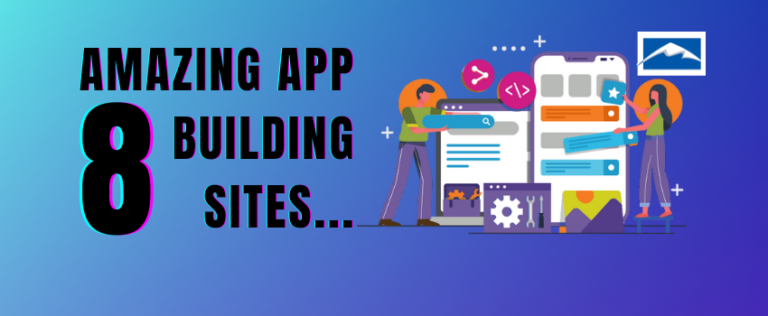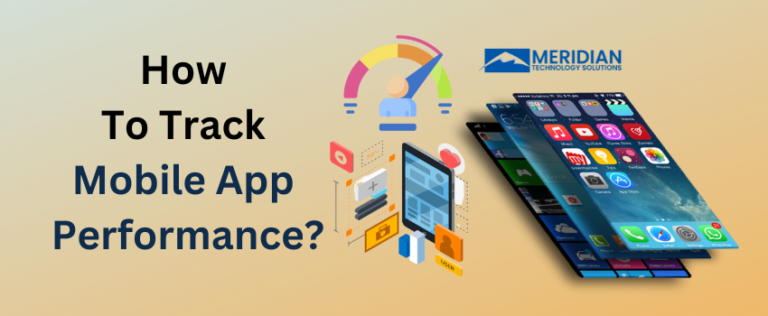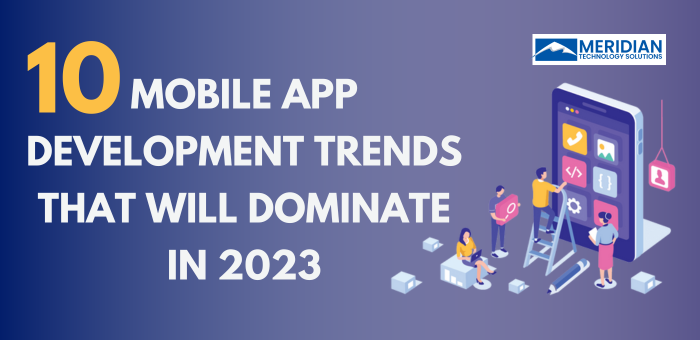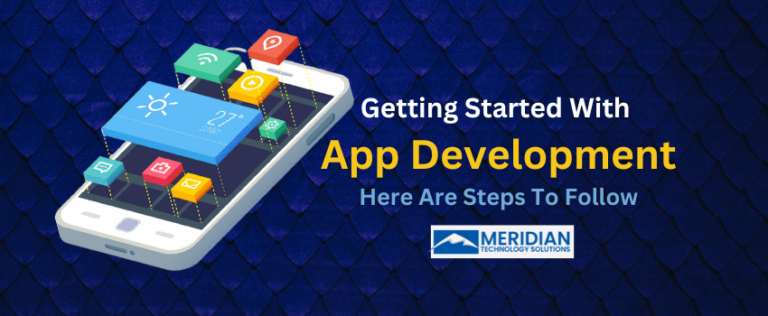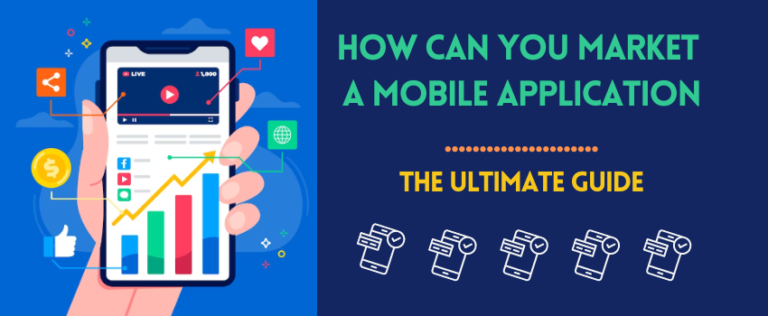Agile Framework to Create Mobile App
The Agile framework is essential for creating apps due to its flexibility and iterative approach to mobile app development. This allows mobile app developers to respond effectively to changing requirements and deliver high-quality apps efficiently. In today’s dynamic and fast-paced app development landscape, the need for quick iterations and adaptability is paramount. Agile’s iterative development process, which includes sprints and continuous feedback, ensures that app development is customer-centric and meets user needs.
By breaking the development process into smaller, manageable cycles, Agile allows teams to focus on delivering valuable features in each iteration, resulting in faster time-to-market for apps. Moreover, Agile promotes collaboration among cross-functional teams, enabling better communication, transparency, and shared responsibility. Ultimately, the Agile framework streamlines the app development process, fosters continuous improvement, and ensures that apps stay relevant and competitive in an ever-evolving market.
The Agile methodology has revolutionized mobile application development. In this blog, we will explore its main principles, advantages and standards practices. Here’s how the Agile framework is applied to mobile app development:
1) Iterative Development: Agile development breaks the mobile app development process into smaller, manageable iterations called “sprints.” Each sprint typically lasts 1-4 weeks and focuses on delivering specific features or functionalities. The development team collaborates closely with stakeholders and clients to prioritize and plan each sprint based on feedback and evolving requirements.
2) Cross-Functional Teams: Agile teams consist of cross-functional members, including developers, designers, testers, and product owners. This diverse group collaborates throughout the development process, allowing for a holistic understanding of the app’s requirements and user needs.
3) Continuous Feedback & Improvement: Agile promotes regular feedback loops with stakeholders and end-users. Frequent demos and reviews enable the development team to gather feedback and make necessary improvements throughout the development process. This iterative feedback loop ensures that the mobile app meets the evolving needs of its users.
4) Adaptability to Change: The Agile framework embraces change and welcomes new requirements as the development progresses. It allows development teams to respond to market changes, user feedback, and technological advancements effectively. This adaptability enables the app to remain relevant and up-to-date.
5) Scrum or Kanban Methodology: Scrum and Kanban are two popular methodologies used in Agile mobile app development. Scrum organizes development into fixed-length sprints, while Kanban focuses on continuous delivery and a flexible workflow. Both methodologies emphasize transparency, self-organization, and continuous improvement.
6) Minimal Viable Product (MVP): Agile advocates the development of a Minimal Viable Product (MVP) early in the process. The MVP contains the core features needed to deliver value to users. By releasing the MVP early, the development team can gather user feedback and adjust the app’s direction accordingly.
7) User Stories & Epics: In Agile, user stories and epics are used to define app features from a user’s perspective. These stories help prioritize development efforts based on user needs and business value. Each user story represents a specific piece of functionality that is included in the app’s backlog.
8) Continuous Integration & Continuous Delivery (CI/CD): Agile methodology encourages the implementation of CI/CD pipelines, where code changes are automatically integrated, tested, and deployed. CI/CD ensures that the mobile app is continuously updated and maintained, reducing the time between development and delivery to end-users.
9) Retrospectives: At the end of each sprint, Agile teams hold retrospectives to reflect on what went well and identify areas for improvement. This practice fosters a culture of continuous learning and helps optimize the development process over time.
By applying the Agile framework to mobile app development, teams can build user-centric apps that meet evolving needs, deliver high-quality features quickly, and maintain a competitive edge in the dynamic mobile app market. This approach fosters collaboration, adaptability, and a focus on delivering value to end-users throughout the development journey.
We, at Meridian Technology Solutions, work on an agile framework to develop interactive mobile apps. We have a team of expert mobile app developers who develop mobile apps as per your unique business requirements.
Get in touch! We’re here to help you!

